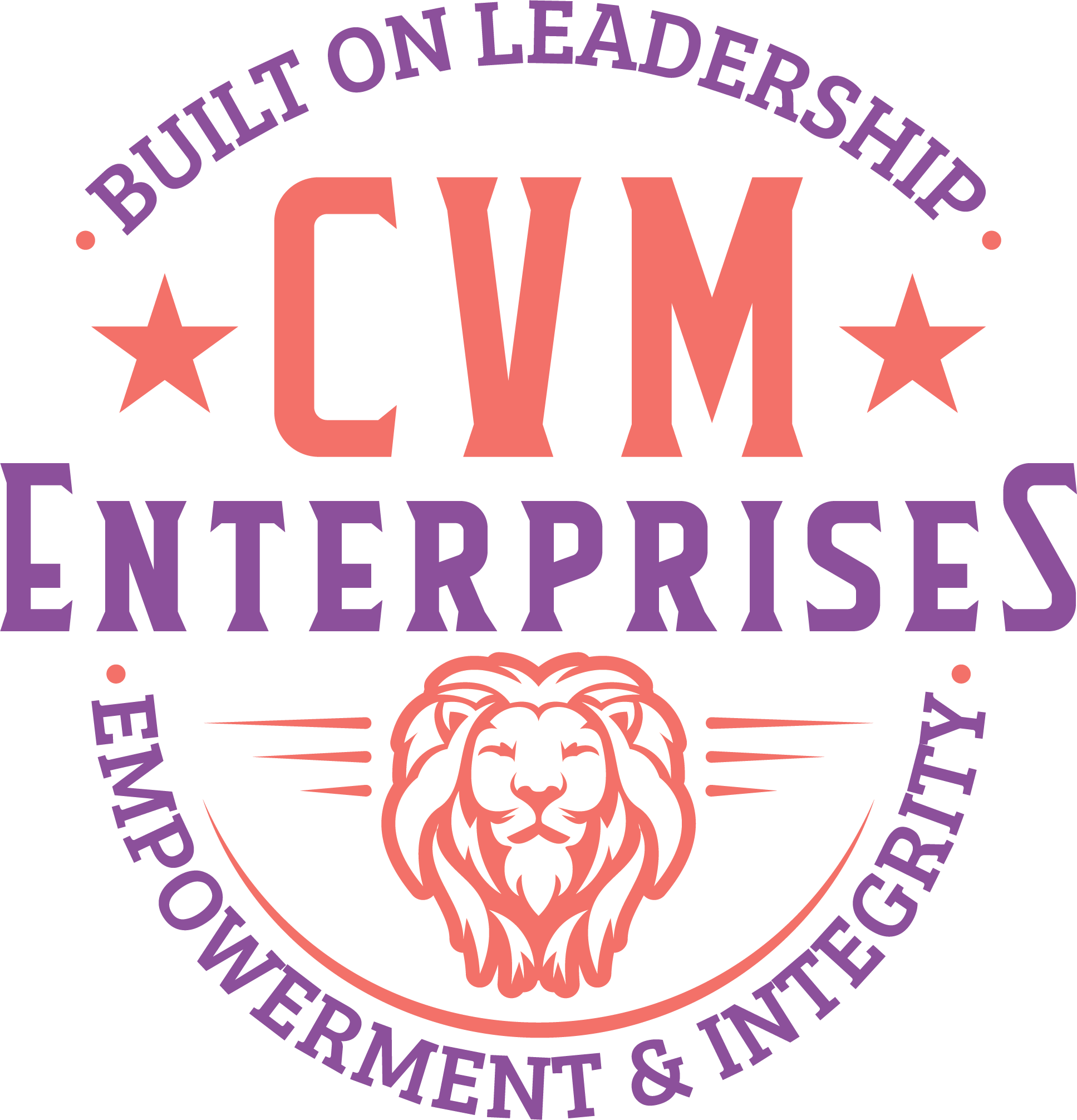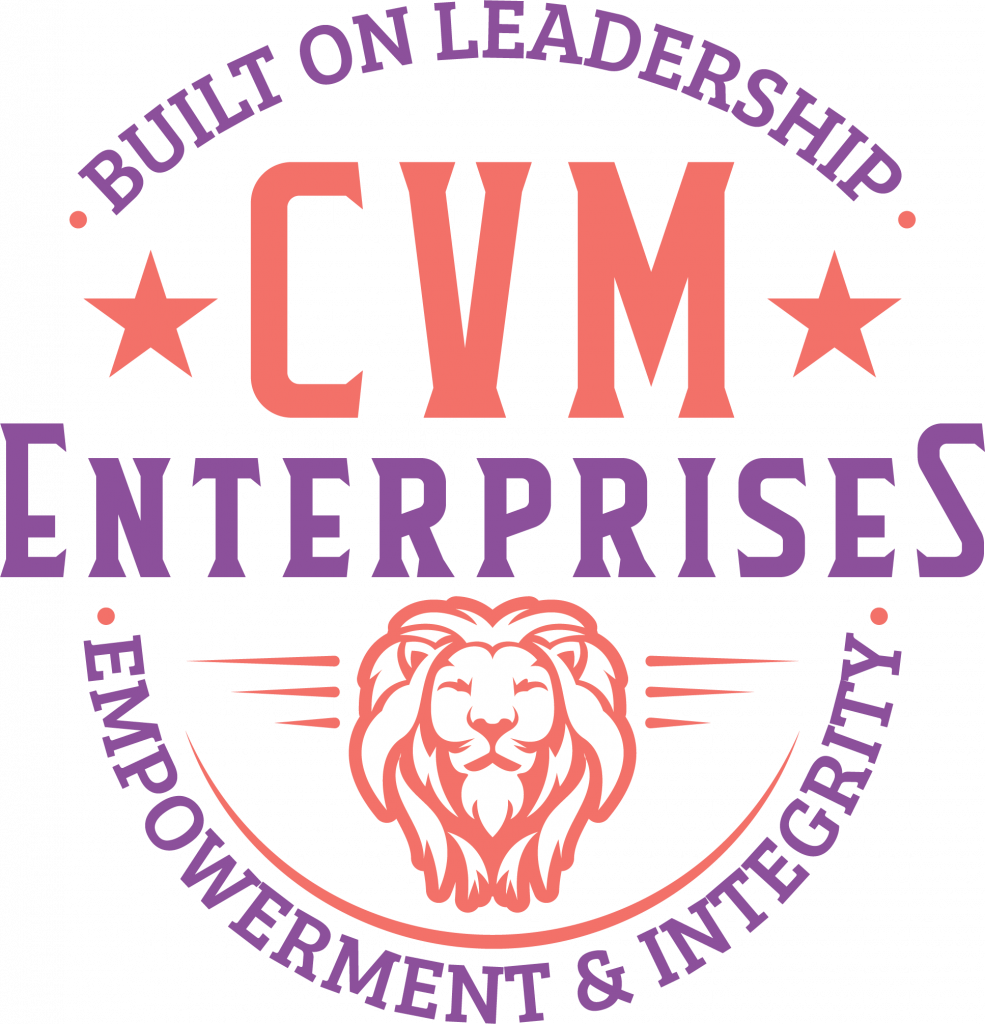Reentry into society after incarceration is a pivotal moment for individuals seeking to rebuild their lives and reintegrate into their communities. While the journey “beyond bars” presents numerous challenges, community engagement plays a crucial role in facilitating successful reentry. In this blog post, we’ll explore the importance of community involvement in supporting individuals transitioning from incarceration, delving into various initiatives and programs that foster empowerment, accountability, and lasting change. From mentoring programs to employment opportunities, we’ll uncover the transformative impact of community engagement on the reentry process.
Building Support Networks
Establishing robust support networks is essential for individuals reentering society post-incarceration. Community engagement initiatives prioritize the establishment of mentorship programs and support groups, offering a vital lifeline of guidance and encouragement during this critical transition period. These programs connect reentering individuals with mentors who have successfully navigated similar challenges, providing practical advice, emotional support, and a sense of belonging that is often lacking after incarceration. By fostering a sense of community and camaraderie, these support networks empower individuals to navigate the complexities of reentry with confidence and resilience.
Access to Resources
Access to resources is fundamental to successful reentry. Community engagement efforts focus on bridging the gap between justice-involved individuals and essential services such as housing, healthcare, and employment assistance. Through partnerships with local organizations, government agencies, and nonprofits, reentry programs ensure that individuals have access to the resources they need to rebuild their lives and pursue meaningful opportunities. From job training programs to substance abuse treatment centers, these initiatives provide a comprehensive support system that addresses the diverse needs of reentering individuals and promotes long-term stability and success.
Promoting Employment Opportunities
Stable employment is key to breaking the cycle of recidivism and fostering self-sufficiency. Community engagement initiatives collaborate with businesses, employers, and workforce development agencies to provide job training, skills development, and employment opportunities for reentering individuals. By offering second-chance employment opportunities and removing barriers to entry, these programs empower individuals to secure meaningful work and build a brighter future for themselves and their families. Through job placement services, resume workshops, and interview preparation sessions, these initiatives equip reentering individuals with the tools and resources they need to succeed in the workforce and thrive in their communities.
Restoring Dignity and Identity
Reentry is not just about finding a job or securing housing—it’s also about restoring dignity and identity. Community engagement initiatives prioritize the holistic well-being of justice-involved individuals, offering programs that address mental health, substance abuse, and personal development. Through counseling, therapy, and peer support groups, individuals can heal from past traumas, reclaim their sense of self-worth, and envision a positive future free from the constraints of their past mistakes. By providing a safe and supportive environment for personal growth and healing, these initiatives empower individuals to overcome obstacles, pursue their goals, and live fulfilling lives beyond bars.
Fostering Accountability and Responsibility
Community engagement in reentry emphasizes the importance of accountability and responsibility. Restorative justice programs, for example, provide opportunities for individuals to take ownership of their actions, repair harm, and make amends to those affected by their past behavior. By fostering a culture of accountability and responsibility, these initiatives promote positive behavioral change and reduce the likelihood of reoffending. Through restorative practices such as victim-offender mediation, community service, and restitution, individuals learn to acknowledge the impact of their actions, take steps towards reconciliation, and build healthier relationships with themselves and their communities.
Breaking Down Stigma and Stereotypes
Stigma and stereotypes surrounding individuals with criminal records can create significant barriers to reentry. Community engagement efforts work to challenge these misconceptions and promote understanding and acceptance within the community. Through education, awareness campaigns, and storytelling, these initiatives humanize the reentry experience, dispel myths, and foster empathy and compassion. By sharing the stories and experiences of justice-involved individuals, these initiatives highlight the common humanity that unites us all and advocate for the fair and equal treatment of everyone, regardless of their past mistakes.
Empowering Civic Engagement
Empowering justice-involved individuals to become active participants in their communities is a central goal of community engagement in reentry. Civic engagement programs provide opportunities for individuals to volunteer, participate in community events, and advocate for positive change. By fostering a sense of belonging and civic responsibility, these initiatives promote social integration and empower individuals to contribute meaningfully to society. From voter registration drives to community clean-up projects, these programs offer a platform for individuals to make a positive impact, build connections, and be agents of change in their communities.
Supporting Family Reintegration
Family support is a cornerstone of successful reentry. Community engagement initiatives recognize the importance of family relationships in facilitating reintegration and offer programs that strengthen familial bonds and provide support to loved ones. By offering counseling, parenting classes, and family reunification services, these initiatives help individuals rebuild trust, repair relationships, and maintain stability as they transition back into their communities. Through family-focused interventions and support services, these programs create a supportive environment that fosters healing, growth, and positive change for individuals and their families.
Celebrating Success Stories
Celebrating success stories is essential for inspiring hope and motivating others on their reentry journey. Community engagement initiatives highlight the achievements of justice-involved individuals who have successfully reintegrated into society, showcasing their resilience, determination, and contributions to their communities. By sharing these stories, these initiatives challenge stereotypes, uplift spirits, and demonstrate the transformative power of second chances. From graduation ceremonies to community recognition events, these celebrations honor the accomplishments of individuals who have overcome adversity and emerged stronger, wiser, and more resilient on the other side.
Investing in Prevention and Early Intervention
Prevention and early intervention are critical components of effective reentry strategies. Community engagement efforts invest in initiatives that address root causes of incarceration, such as poverty, lack of education, and substance abuse. By providing support and resources to at-risk individuals and communities, these initiatives aim to prevent involvement in the justice system altogether, ultimately reducing recidivism rates and promoting long-term societal change. From youth mentorship programs to after-school initiatives, these prevention efforts offer a proactive approach to addressing underlying social and economic factors that contribute to criminal behavior and incarceration.
The Role of Community Leaders and Advocates
Community leaders and advocates play a vital role in driving reentry efforts forward. Through collaboration, advocacy, and policy change, these individuals work to create a more supportive and inclusive environment for justice-involved individuals. By leveraging their influence and resources, community leaders and advocates amplify the voices of those affected by the justice system and champion initiatives that promote equity, fairness, and opportunity for all. From organizing community forums to lobbying for legislative reform, these leaders and advocates serve as catalysts for change and advocates for justice in their communities and beyond.
Promoting Positive Outcomes
Community engagement is essential for facilitating successful reentry and promoting positive outcomes for justice-involved individuals. By building support networks, providing access to resources, and fostering accountability and responsibility, community initiatives empower individuals to rebuild their lives and contribute meaningfully to society. As we continue to work towards a more just and equitable future, let us embrace the transformative power of community engagement in reentry. Join us in supporting these efforts and making a difference in the lives of those “beyond bars.” Contact CVM-Enterprises, LLC at (838) 202-4843 to learn more about our reentry support services and how you can get involved in community engagement efforts.


